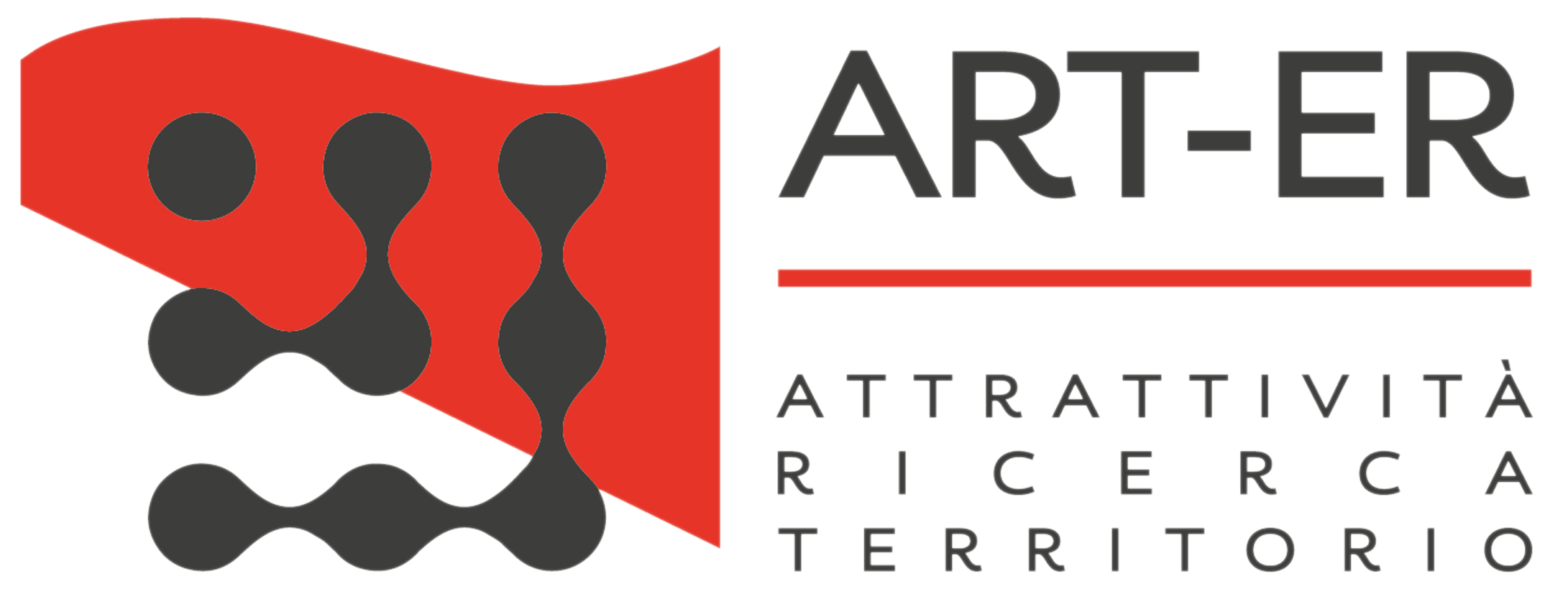INTERNATIONAL EVENTS
Clust-ER Health flies to Brussels for the European Cluster Conference 2024
On the eve of Europe Day, the staff of Clust-ER Health participated in the ninth edition of the conference, which involves politicians, cluster managers, professionals and other stakeholders and aims to highlight the vital role of clusters in advancing EU industrial priorities.
The event, which took place on 7 and 8 March, brought together over 700 participants for in-depth discussions and networking opportunities with the objectives of:
- discuss the latest trends in EU industrial and cluster policies and stimulate a high-level policy discussion on challenges and needs
- discuss how to make better use of clusters in the reinforcement of EU industrial competitiveness and resilience and in the attraction of investments and in their effective spending
- collect feedback from the cluster community on the barriers clusters face and the tools they need to accelerate the twin transition, build resilience, foster upskilling and reskilling, access funding, and develop and adopt new technologies
- exchange best practices on how to strengthen the EU’s defence, health, energy and economic security, on internationalisation, on cluster business models, on how to bolster start-ups and scale-ups, and how to improve social conditions through clusters
- encourage synergies, exchange and interaction between policy-makers, practitioners and experts at the European level.
Panel discussions
Thierry Breton, European Commissioner for the Internal Market, officially opened the conference and stressed the importance of cluster networking to address the imperative of overcoming cross-border barriers to strengthen the internal market.
The first day then began with two panel discussions. In the first session on the topic “Clusters for European competitiveness: Building new and reshaping existing value chains”, the speakers stated that clusters are in a favourable position to help businesses cope with the current challenges and that connecting different clusters across Europe is crucial to promoting knowledge exchange, the collaboration and innovation needed to build pan-European value chains.
The second round table entitled “Being fit for the next EU mandate: Clusters as hotspots for attracting investments” noted that the EU should build on existing structures and actors, in particular clusters, to attract investment and that it is essential to better connect clusters across Europe in order to achieve competitiveness against other global players.


Parallel sessions
The two days of the conference were packed with no less than 12 parallel sessions on various topics such as metaclusters, skills, funding, start-up support, internationalisation and security. They provided the platform to highlight the key role played by clusters in driving innovation by effectively bringing together all stakeholders from the ecosystems. For example, it was pointed out that enterprises belonging to cluster organisations are more competitive, more resilient and more connected to their ecosystems.
It has also been mentioned that clusters advance not only economic but also social conditions in their regions, an issue that the Clust-ER Health has identified as an important aspect to consider and promote in order to ensure that the regional health system remains not only efficient but also accessible and suitable for all citizens. In the panel on the theme “Creating shared value through clusters” where the Clust-ER Innovative Manager Elisabetta Bracci participated as a speaker, clusters emerged as key agents to bridge the gender gap and exploit the entire spectrum of human capital.


Networking
Last but not least, the European Cluster Conference was an opportunity for the 6 regional clusters and ART-ER to get to know the other European clusters, promote the creation of international collaborations, and strengthen our existing connections. Clust-ER Health exchanged discussions with our colleagues from the Council of European BioRegions (CEBR) network, which connects more than 45 life science clusters and regional ecosystems in Europe, and with the MEDIC NEST metacluster, a new pan-European cluster alliance that aims to connect all regional precision medicine ecosystems.
These informal networking opportunities are key to building trusted relationships on which we can develop partnerships that will benefit our members and the regional ecosystem.







